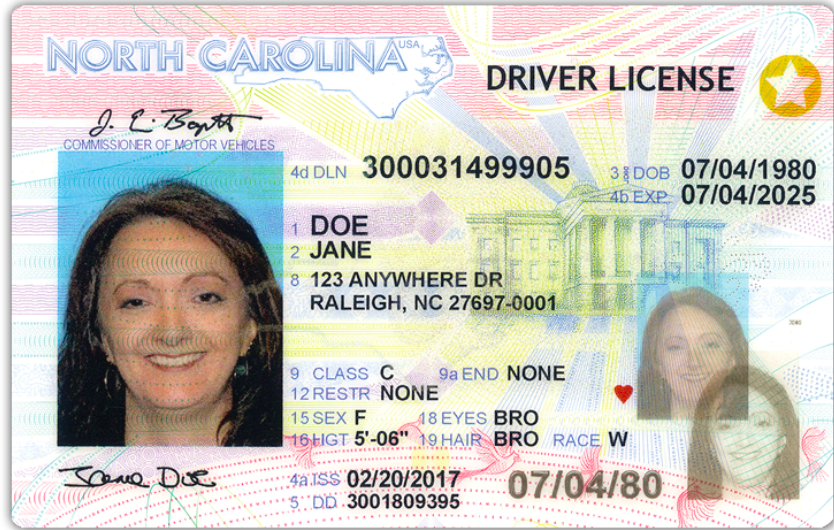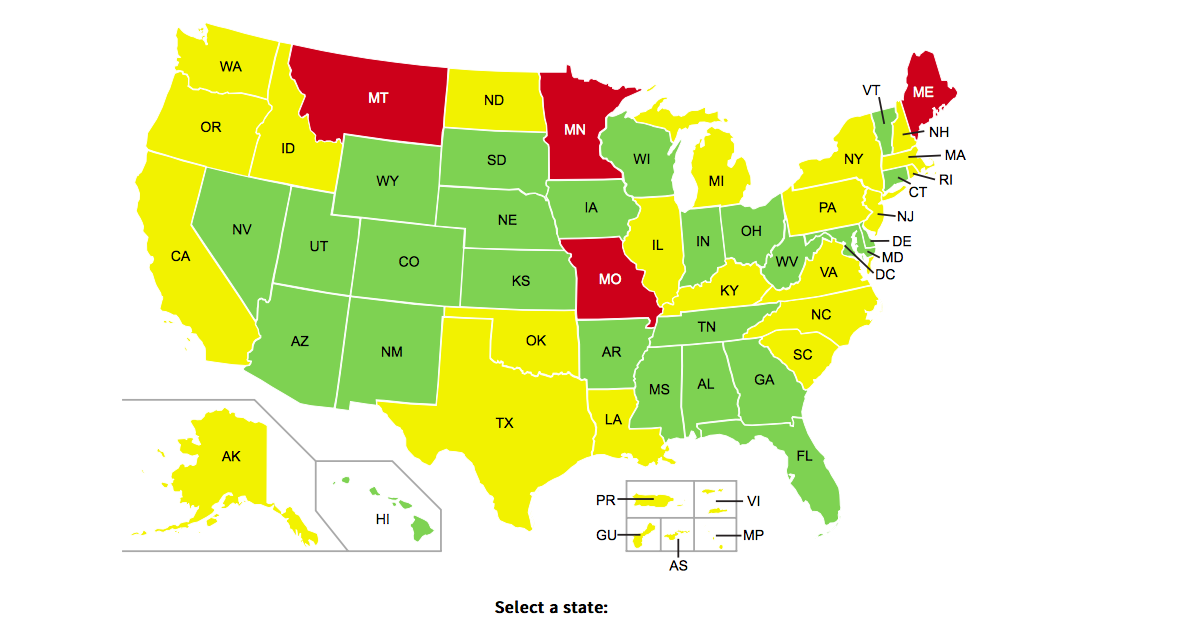
The effects of September 11th are still being felt today. After the horrific terrorist act, the 9/11 Commission decided the United States needed to improve security with a standard for identification. This idea prompted the creation of a “nationwide id” called the REAL ID. According to the Department of Homeland Security (DHS), the REAL ID will “improve the reliability and accuracy of state-issued identification documents, which should inhibit terrorists’ ability to evade detection by using fraudulent identification.“
Facts about the REAL ID
The REAL ID Act of 2005, Pub.L. 109–13, 119 Stat. 302, was enacted into law by the 109th Congress. President George W. Bush signed it.
The act set standards for state-issued identity cards, thus affecting the authentication process for air travel, accessing military bases, nuclear power plants, and federal buildings.
Participation by the states is voluntary but will restrict individuals from non-compliant states. States that currently do not comply with the REAL ID Act are – Maine, Minnesota, Missouri, and Montana.
Implementation has started in a phased manner. After January 22, 2018, if you do not have a driving license that is a REAL ID, you will have to provide an alternative identification (such as a passport) for domestic travel.
The REAL ID will be valid for eight years for US citizens.
The REAL ID will have state-of-the-art security features to deter identity theft and fraud. We will not go into detail about the security features to help prevent criminal behavior.

Which states are do not comply with this act?
Opposition to the REAL ID
There is a lot of constructive debate to the act.
First, who approved the idea of a star on the REAL ID? Some on social media have voiced opposition to it. Likening it to the last time stars were used for identification ( WWII anyone?) having disastrous consequences. Perhaps another symbol like an American flag would have been better.
Others cite individual rights and privacy. People fear the REAL ID will create a federal database with personal information. DHS denies that claim. They state this is strictly to “make our identity documents more consistent and secure.” They also mention how the states will still be in control.
Some feel like the act ignores people who don’t drive. What will they do? So far, there isn’t much information available to them.
Does the REAL ID target illegal immigration? Some say yes while others say no.
The price tag is a huge sticking point as well. The cost? Millions. Who will pick up the tab? Taxpayers, most likely.
Not to mention, the passing of the act was also controversial. Congress attached the bill to the passing of H.R. 1268 bill (Emergency Supplemental Appropriations Act for Defense, the Global War on Terror, and Tsunami Relief), which was a must-pass bill. Thus, there was no scope for debate or discussion on it. Congress was heavily criticized for passing it in this manner.
Conclusion
Do we need to be safe as a nation? Of course. There are people who want to do us harm. Is this just another way to erode Americans’ freedoms for security? Possibly. With new laws come initial skepticism, criticism, and frustration. Only time will tell if the REAL ID has the potential to make a difference to national security. Like with all political concerns, voice your opinion to your Congressional representative.
Do you know of any ladies in the market for a new wallet? Store your Real ID in this awesome, inexpensive wallet. A few ladies on our team personally own this wallet and rave about its efficiency.
If you would like to send financial support, please give back to Virgo Philosophy here. Or send money to our Cash App: $MIHMedia. No amount is too little. We are thankful for every dollar.
